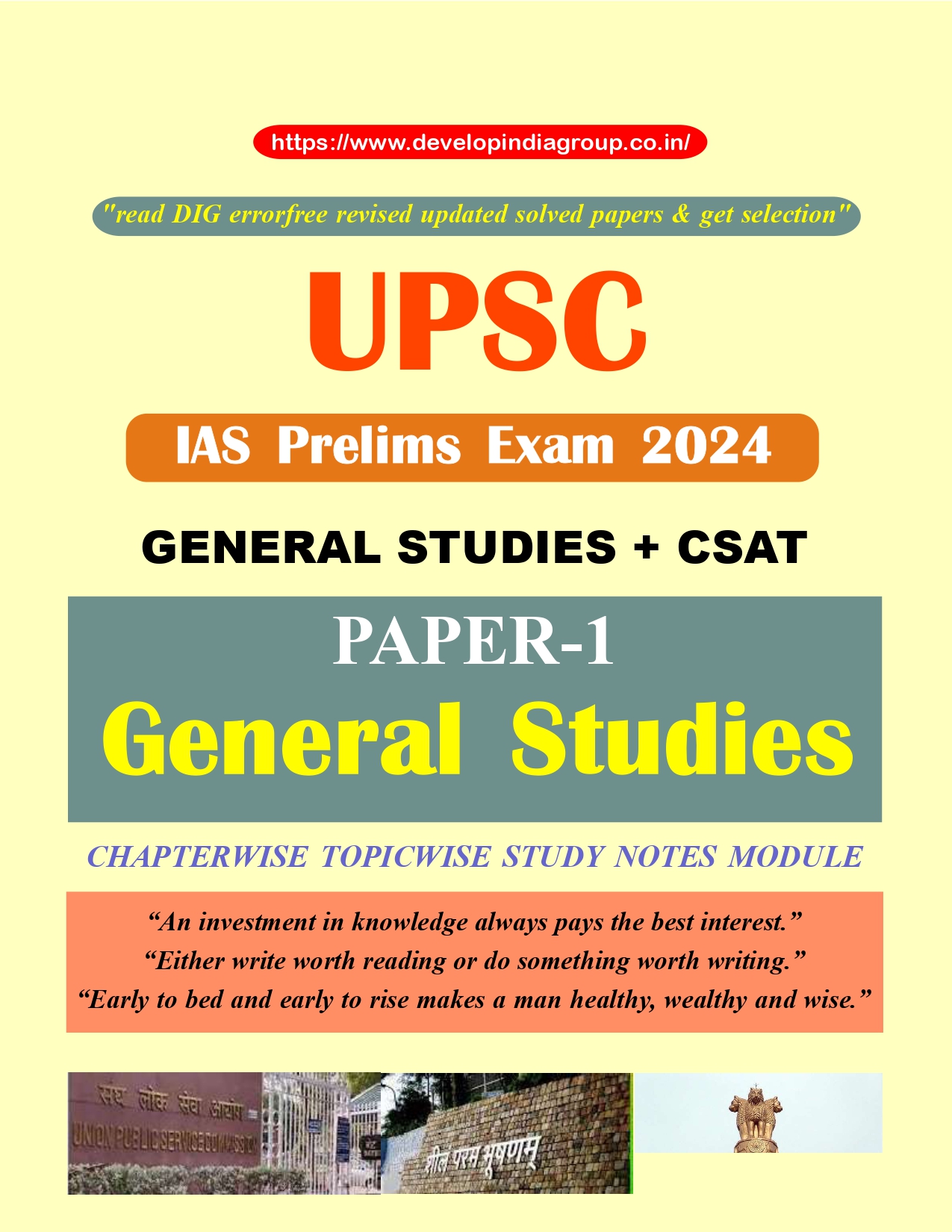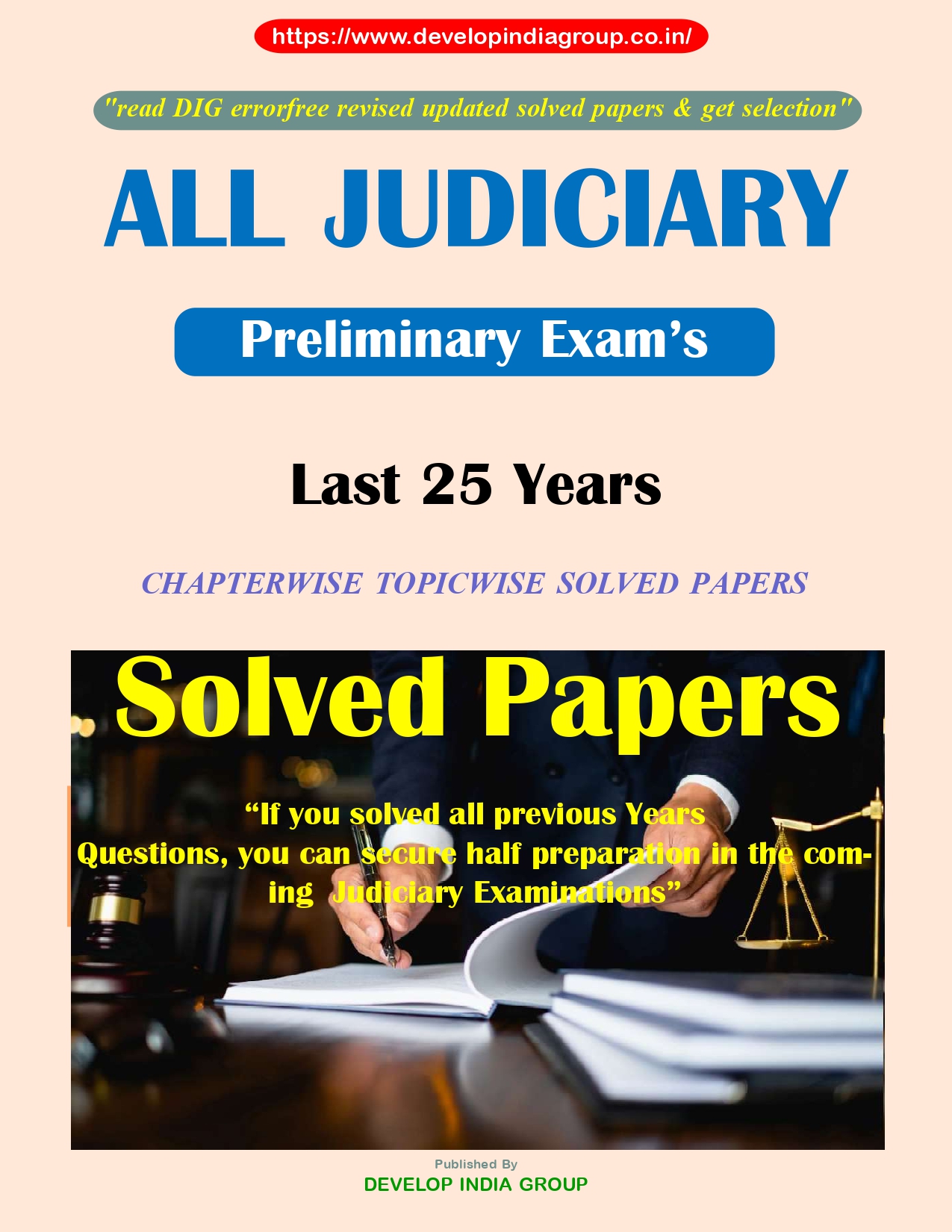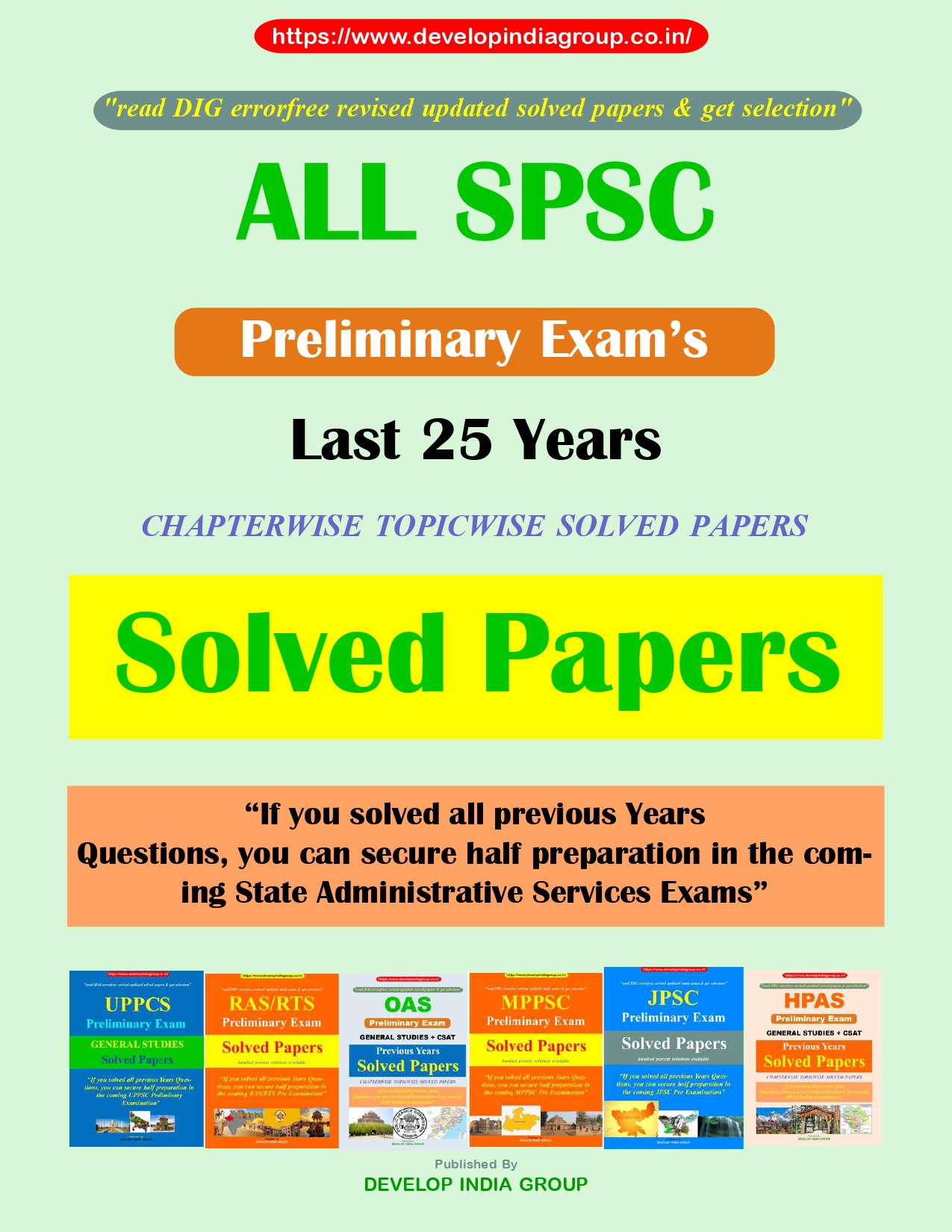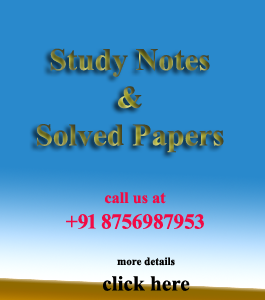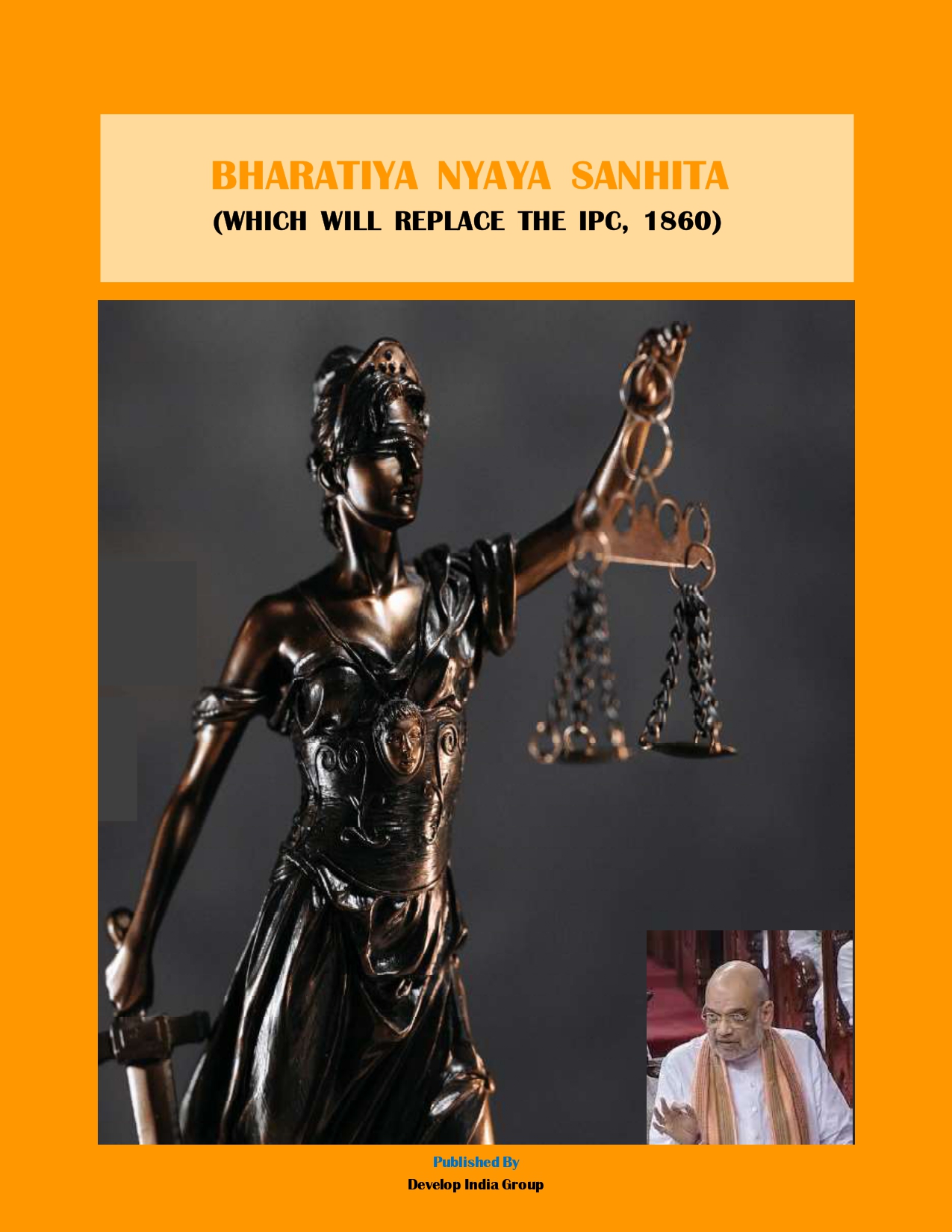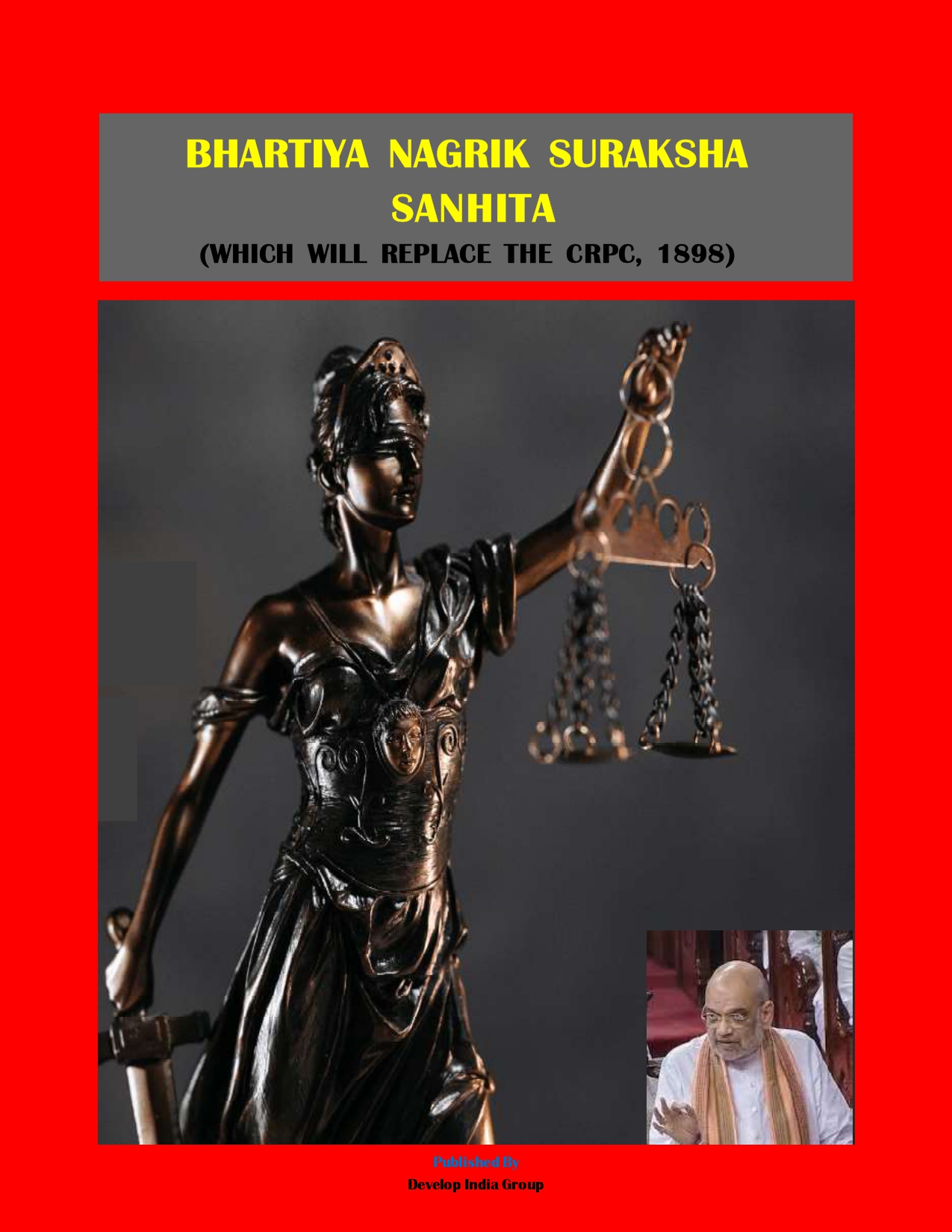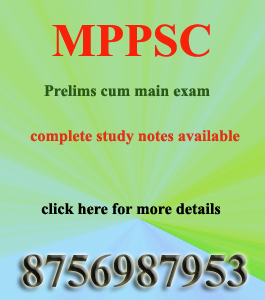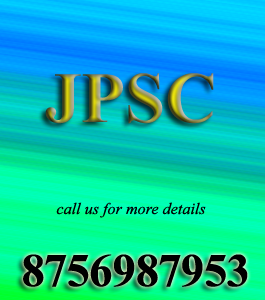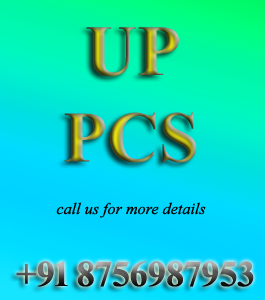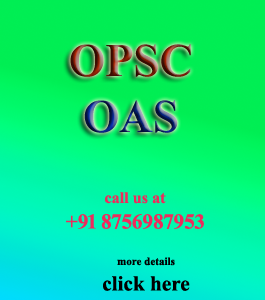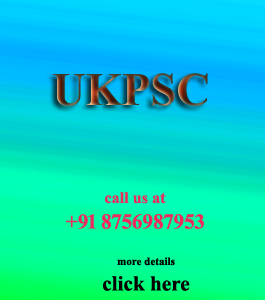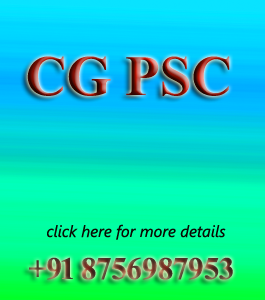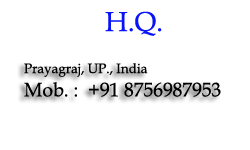

| State Level Govt. Exams |
|---|
| Crash Courses |
|---|
| Chapterwise Study Material & Notes |
|---|
| Books / eBooks |
|---|
| Mock Tests Series |
|---|
| Free Video Leaning Programe (VLP) |
|---|
BUY Online Study Materials/Notes |
|---|
| Practice Sets |
|---|
| Je & Ae Exams |
|---|
| Coaching for Schools Students (K-12) |
|---|
| NCERT Solutions |
|---|
| Quick Links |
|---|
The University Grants Commission National Eligibility Test (UGC NET) is a national-level exam conducted to determine the eligibility of candidates for assistant professorship and for the award of Junior Research Fellowship (JRF) in various subjects.
The UGC NET exam is conducted twice a year, usually in June and December, and consists of two papers. Paper-I consists of 50 multiple-choice questions (MCQs) on general aptitude and reasoning, teaching and research aptitude, and reading comprehension. Paper-II consists of 100 MCQs based on the subject chosen by the candidate.
The UGC NET exam is conducted online, and the syllabus and exam pattern vary depending on the subject chosen by the candidate. The exam is of 3 hours duration, and there is no negative marking.
To prepare for the UGC NET exam, candidates should start early, understand the exam pattern and syllabus, and practice with previous year's question papers and mock tests. They can also refer to textbooks and study materials recommended by experts in their respective fields.
Clearing the UGC NET exam is a gateway to assistant professorship and Junior Research Fellowship (JRF) in various universities and colleges in India. JRF qualified candidates can also pursue research in various government and private research institutions in India.
 |
UGC NET Complete Study Notes available : UGC NET Exam Each subject Study notes hard copy @ 1500/- UGC NET Exam Each subject e book pdf @ 1000/- |
 |
| UGC NET Exams Previous Year Question Papers and Answer Key |
UGC NET Exam Revised Pattern
Candidates can check the CBSE UGC NET exam pattern which tells about the number of questions, marking scheme, type of questions, duration of the exam and other details related to the exam.
Papers: The test will consist of two papers.
Exam Mode: Examination will be conducted in offline mode. Candidates have to mark their responses on the Optical Mark Reader (OMR) Sheet.
Number of Questions: Total 150 questions will be asked in NET which are divided into 2 papers. Paper-I will have 50 questions and Paper-II will have 100 questions. All questions are compulsory to attempt.
Type of Questions: All the papers will have objective type questions.
Subjects: The Paper-I consists of General Aptitude Questions and the Paper-II contains questions related to the subject selected by candidates.
Medium of Paper: Candidate can choose the paper medium either Hindi or English. Choice for paper medium can be exercised at the time of filling the form.
Exam Duration: Paper-1 will be of 1 hour while Paper-II will be of 2 hours.
Marking Scheme: Each correct answer will carry 2 marks.
Negative Marking: CBSE is not following negative marking scheme in UGC NET.
| Paper | Number of Questions | Maximum Marks | Exam Duration |
| I | 50 questions (all compulsory) | 100 | 1 hour (09:30 A.M. to 10:30 A.M.) |
| II | 100 questions (all compulsory) | 200 | 2 hours (11:00 A.M. to 1:00 P.M.) |
Complete Study Materials available |
|||
Subjects |
Study materials available |
Price |
Subscribe Now |
Study materials available |
1000/- |
Buy Now | |
Study materials available |
1000/- |
Buy Now | |
Study materials available |
1000/- |
Buy Now | |
Study materials available |
1000/- |
Buy Now | |
Study materials available |
1000/- |
Buy Now | |
Study materials available |
1000/- |
Buy Now | |
Study materials available |
1000/- |
Buy Now | |
Study materials available |
1000/- |
Buy Now | |
Study materials available |
1000/- |
Buy Now | |
Study materials available |
1000/- |
Buy Now | |
Study materials available |
1000/- |
Buy Now | |
Study materials available |
1000/- |
Buy Now | |
Study materials available |
1000/- |
Buy Now | |
Study materials available |
1000/- |
Buy Now | |
Study materials available |
1000/- |
Buy Now | |
Study materials available |
1000/- |
Buy Now | |
Study materials available |
1000/- |
Buy Now | |
Study materials available |
1000/- |
Buy Now | |
Study materials available |
1000/- |
Buy Now | |
Study materials available |
1000/- |
Buy Now | |
Study materials available |
1000/- |
Buy Now | |
Study materials available |
1000/- |
Buy Now | |
Study materials available |
1000/- |
Buy Now | |
Study materials available |
1000/- |
Buy Now | |
Study materials available |
1000/- |
Buy Now | |
Study materials available |
1000/- |
Buy Now | |
Study materials available |
1000/- |
Buy Now | |
Study materials available |
1000/- |
Buy Now | |
Study materials available |
1000/- |
Buy Now | |
Study materials available |
1000/- |
Buy Now | |
Study materials available |
1000/- |
Buy Now | |
Study materials available |
1000/- |
Buy Now | |
| Comparative Literature | Study materials available |
1000/- |
Buy Now |
| Women Studies | Study materials available |
1000/- |
Buy Now |
| Visual Arts | Study materials available |
1000/- |
Buy Now |
| Geography | Study materials available |
1000/- |
Buy Now |
| Social Medicine & Community Health | Study materials available |
1000/- |
Buy Now |
| Forensic Science | Study materials available |
1000/- |
Buy Now |
| Computer Science and Applications | Study materials available |
1000/- |
Buy Now |
| Electronic Science | Study materials available |
1000/- |
Buy Now |
| Environmental Sciences | Study materials available |
1000/- |
Buy Now |
| International and Area Studies | Study materials available |
1000/- |
Buy Now |
| Human Rights and Duties | Study materials available |
1000/- |
Buy Now |
| Tourism Administration and Management | Study materials available |
1000/- |
Buy Now |
Eligibility
For every examination, there is a specific eligibility criteria that candidates have to fulfill, if they wish to apply for that examination. The conditions of eligibility for CBSE UGC NET is given below:
Qualification Eligibility
-
Qualifying Examination: Master’s or equivalent degree from Universities/Institutions recognized by UGC.
-
Subjects: The qualifying examination must be passed in subjects like Humanities (including languages) and Social Science, Computer Science &Applications, Electronic Science etc.
-
Minimum Marks: The percentage of marks required in qualifying examination is 55% (50% marks in case of SC/ST/OBC-NCL/PwD categories).
-
Appearing Candidates: Candidates appearing for final examinations towards a Master’s degree (or equivalent) are also eligible to apply.
-
Relaxation: Relaxation of 5% marks in qualifying examination shall be given to Ph.D degree holders whose master’s level examination had been completed by 19th September 1991.
Age Criteria : For Junior Research Fellowship
-
Age Limit: The maximum age limit is 30 years as on 1st January 2018.
-
Relaxation: 5 years relaxation in the upper age limit will be provided to OBC-NCL, SC, ST and PwD category candidates. Relaxation will also be given to the candidates having research experience. Candidates possessing LL.M. degree will be eligible for 3 years relaxation in age.
UGC NET Exam Pattern 2022
UGC NET 2022 Examination will be conducted in online mode (Computer Based Test). Before looking into the detailed syllabus of the NTA UGC NET Syllabus 2022, the student must be familiar with the updated UGC NET Exam Pattern 2022, which has been discussed below.
| Paper | Pattern of Paper | Number of Questions | Marks | Duration |
| Paper-I | The questions will be generic in nature, intending to assess the teaching/research aptitude of the candidate. | 50 | 100 | 03 hours (180 minutes) |
| Paper-II | This is based on the subject selected by the candidate and will assess domain knowledge. | 100 | 200 | |
| Total | 150 | 300 | ||
Important Points:
1. For each correct answer the candidate will get 2 marks in both Paper 1 & 2.
2. There is no negative marking for incorrect answers in UGC NET 2022 exam.
3. No marks will be given for questions Unanswered/Marked for Review.
4. All questions are mandatory.
5. If a question is found to be incorrect/ambiguous during the key challenge, the candidate who have attempted the question and chosen one of the correct answers would be given the credit. If there is any dropped question(s), marks will be awarded to all the candidates.
UGC NET Syllabus 2022
The first step of preparing for UGC NET is to be familiar with the UGC NET syllabus as this helps the aspirants to strategise their preparations in a well-defined manner. UGC NET 2022 exam will consist of 2 papers (Paper 1 & Paper 2), the UGC NET Paper 1 will be a common paper for all candidates while Paper 2 will be based on the subject selected by the candidate. Let's have a look at the detailed UGC NET Syllabus for UGC NET 2022 Exam:
UGC NET Syllabus for Paper 1
The UGC NET syllabus for Paper 1 consists of the subjects that will be helpful in analysing the candidate’s teaching and research ability, cognitive abilities, general awareness about teaching and learning processes in the higher education system. The detailed syllabus and UGC NET Paper-1 Syllabus PDF file link have been provided below:
Unit-I: Teaching Aptitude Syllabus
Teaching: Concept, Objectives, Levels of teaching (Memory, Understanding and Reflective), Characteristics and basic requirements.
Learner’s characteristics: Characteristics of adolescent and adult learners (Academic, Social, Emotional and Cognitive), Individual differences.
Factors affecting teaching related to Teacher, Learner, Support material, Instructional facilities, Learning environment and Institution.
Methods of teaching in Institutions of higher learning: Teacher centred vs. Learner-centred methods; offline vs. Online methods (Swayam, Swayamprabha, MOOCs etc.).
Teaching Support System: Traditional, Modern and ICT based.
Evaluation Systems: Elements and Types of evaluation, Evaluation in Choice Based Credit System in Higher education, Computer-based testing, Innovations in evaluation systems.
Unit-II: Research Aptitude Syllabus
Research: Meaning, Types, and Characteristics, Positivism and Postpositivistic approach to research.
Methods of Research: Experimental, Descriptive, Historical, Qualitative and Quantitative Methods, Steps of Research.
Thesis and Article writing: Format and styles of referencing.
Application of ICT in research.
Research ethics.
Unit-III Comprehension Syllabus
A passage of text is given. Questions are asked from the passage to be answered.
Unit-IV: Communication
Communication: Meaning, types and characteristics of communication.
Effective communication: Verbal and Non-verbal, Inter-Cultural and group communications, Classroom communication.
Barriers to effective communication.
Mass-Media and Society.
Unit-V: Mathematical Reasoning and Aptitude Syllabus
Types of reasoning.
Number series, Letter series, Codes and Relationships.
Mathematical Aptitude (Fraction, Time & Distance, Ratio, Proportion and Percentage, Profit and Loss, Interest and Discounting, Averages etc.).
Unit-VI: Logical Reasoning Syllabus
Understanding the structure of arguments: argument forms, the structure of categorical propositions, Mood and Figure, Formal and Informal fallacies, Uses of language, Connotations and denotations of terms, Classical square of opposition.
Evaluating and distinguishing deductive and inductive reasoning.
Analogies.
Venn diagram: Simple and multiple uses for establishing the validity of arguments.
Indian Logic: Means of knowledge.
Pramanas: Pratyaksha (Perception), Anumana (Inference), Upamana (Comparison), Shabda (Verbal testimony), Arthapatti (Implication) and Anupalabddhi (Non-apprehension).
Structure and kinds of Anumana (inference), Vyapti (invariable relation), Hetvabhasas (fallacies of inference).
Unit-VII: Data Interpretation Syllabus
Sources, acquisition and classification of Data.
Quantitative and Qualitative Data.
Graphical representation (Bar-chart, Histograms, Pie-chart, Table-chart and Line-chart) and mapping of Data.
Data Interpretation.
Data and Governance.
Unit-VIII: Information and Communication Technology (ICT) Syllabus
ICT: General abbreviations and terminology.
Basics of the Internet, Intranet, E-mail, Audio and Video-conferencing.
Digital initiatives in higher education.
ICT and Governance.
Unit-IX: People, Development and Environment Syllabus
Development and environment: Millennium development and Sustainable development goals.
Human and environment interaction: Anthropogenic activities and their impacts on the environment.
Environmental issues: Local, Regional and Global; Air pollution, Water pollution, Soil pollution, Noise pollution, Waste (solid, liquid, biomedical, hazardous, electronic), Climate change and its Socio-Economic and Political dimensions.
Impacts of pollutants on human health.
Natural and energy resources: Solar, Wind, Soil, Hydro, Geothermal, Biomass, Nuclear and Forests.
Natural hazards and disasters: Mitigation strategies.
Environmental Protection Act (1986), National Action Plan on Climate Change, International agreements/efforts -Montreal Protocol, Rio Summit, Convention on Biodiversity, Kyoto Protocol, Paris Agreement, International Solar Alliance.
Unit-X: Higher Education System Syllabus
Institutions of higher learning and education in ancient India.
Evolution of higher learning and research in Post Independence India.
Oriental, Conventional and Non-conventional learning programmes in India.
Professional, Technical and Skill-Based education.
Value education and environmental education.
Policies, Governance, and Administration.
NOTE: (i) Five questions each carrying 2 marks are to be set from each Module.
(ii) Whenever graphical/pictorial question(s) are set for sighted candidates, a passage followed by an equal number of questions and weightage be set for visually impaired candidates.
UGC NET 2022 Syllabus PDF for Paper I [in English]
UGC NET 2022 Syllabus PDF for Paper I [in Hindi]
UGC NET Syllabus for Paper 2
UGC NET Paper 2 will be based on subject-wise selected by the candidate. Paper-II will also consist of only 100 objective type questions (MCQs) for 200 marks. A total of 101 subjects will be covered in the UGC NET Exam. Candidates will have to select one subject for the NET Exam preferably the subject of their post-graduation. The PDF file links for UGC NET Paper 2 Syllabus for all subjects are mentioned below:
| Subject Code | Subject | Syllabus [in English] | Syllabus [in Hindi] |
|---|---|---|---|
| 01 | Economics / Rural Economics /Co-operation / Demography / Development Planning/ Development Studies / Econometrics/ Applied Economics/Development Eco./Business Economics | Download | Download |
| 02 | Political Science | Download | Download |
| 03 | Philosophy | Download | Download |
| 04 | Psychology | Download | Download |
| 05 | Sociology | Download | Download |
| 06 | History | Download | Download |
| 07 | Anthropology | Download | Download |
| 08 | Commerce | Download | Download |
| 09 | Education | Download | Download |
| 10 | Social Work | Download | Download |
| 11 | Defence and Strategic Studies | Download | Download |
| 12 | Home Science | Download | Download |
| 14 | Public Administration | Download | Download |
| 15 | Population Studies | Download | Download |
| 16 | Music | Download | Download |
| 17 | Management (including Business Admn. Mgt./Marketing/ Marketing Mgt./Industrial Relations and Personnel Mgt./ Personnel Mgt./Financial Mgt./Co-operative Management) | Download | Download |
| 18 | Maithili | Download | Download |
| 19 | Bengali | Download | Download |
| 20 | Hindi | Download | |
| 21 | Kannada | Download | Download |
| 22 | Malayalam | Download | Download |
| 23 | Oriya | Download | Download |
| 24 | Punjabi | Download | Download |
| 25 | Sanskrit | Download | Download |
| 26 | Tamil | Download | Download |
| 27 | Telugu | Download | Download |
| 28 | Urdu | Download | Download |
| 29 | Arabic | Download | Download |
| 30 | English | Download | Download |
| 31 | Linguistics | Download | Download |
| 32 | Chinese | Download | Download |
| 33 | Dogri | Download | Download |
| 34 | Nepali | Download | Download |
| 35 | Manipuri | Download | Download |
| 36 | Assamese | Download | Download |
| 37 | Gujarati | Download | Download |
| 38 | Marathi | Download | Download |
| 39 | French (French Version) | Download | Download |
| 40 | Spanish | Download | Download |
| 41 | Russian | Download | Download |
| 42 | Persian | Download | Download |
| 43 | Rajasthani | Download | Download |
| 44 | German | Download | Download |
| 45 | Japanese | Download | Download |
| 46 | Adult Education/ Continuing Education/ Andragogy/ Non Formal Education. | Download | Download |
| 47 | Physical Education | Download | Download |
| 49 | Arab Culture and Islamic Studies | Download | Download |
| 50 | Indian Culture | Download | Download |
| 55 | Labour Welfare/Personnel Management/Industrial Relations/ Labour and Social Welfare/Human Resource Management | Download | Download |
| 58 | Law | Download | Download |
| 59 | Library and Information Science | Download | Download |
| 60 | Buddhist, Jaina, Gandhian and Peace Studies | Download | Download |
| 62 | Comparative Study of Religions | Download | Download |
| 63 | Mass Communication and Journalism | Download | Download |
| 65 | Performing Art - Dance/Drama/Theatre | Download | Download |
| 66 | Museology & Conservation | Download | Download |
| 67 | Archaeology | Download | Download |
| 68 | Criminology | Download | Download |
| 70 | Tribal and Regional Language/Literature | Download | Download |
| 71 | Folk Literature | Download | Download |
| 72 | Comparative Literature | Download | Download |
| 73 | Sanskrit traditional subjects (including) Jyotisha/Sidhanta Jyotish/ Navya Vyakarna/ Vyakarna/ Mimansa/ Navya Nyaya/ Sankhya Yoga/ Tulanatmaka Darsan/ Shukla Yajurveda/ Madhav Vedant/ Dharmasasta/ Sahitya/ Puranotihasa /Agama). | Download | |
| 74 | Women Studies | Download | Download |
| 79 | Visual Art (including Drawing & Painting/Sculpture Graphics/Applied Art/History of Art) | Download | Download |
| 80 | Geography | Download | Download |
| 81 | Social Medicine & Community Health | Download | Download |
| 82 | Forensic Science | Download | Download |
| 83 | Pali | Download | Download |
| 84 | Kashmiri | Download | Download |
| 85 | Konkani | Download | Download |
| 87 | Computer Science and Applications | Download | Download |
| 88 | Electronic Science | Download | |
| 89 | Environmental Sciences | Download | |
| 90 | Politics including International Relations/International Studies including Defence/Strategic Studies, West Asian Studies, South East Asian Studies, African Studies, South Asian Studies, Soviet Studies, American Studies. | Download | Download |
| 91 | Prakrit | Download | Download |
| 92 | Human Rights and Duties | Download | Download |
| 93 | Tourism Administration and Management. | Download | Download |
| 94 | Bodo | Download | |
| 95 | Santali | Download | |
| 100 | Yoga | Download | Download |
| 101 | Sindhi | Download | Download |



